 Wire Ford Bridge
Wire Ford Bridge
Time Period: Divergent Prosperity and the Arc of Reform (1968 - 2022) - Starting with W
 Wire Ford Bridge
Wire Ford Bridge
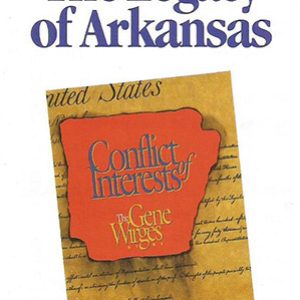 Wirges Book
Wirges Book
 Ray Wise
Ray Wise
Wishbone Cutter
aka: The Shadow of Chikara
aka: The Curse of Demon Mountain
 Wishbone Cutter Poster
Wishbone Cutter Poster
 Jimmy "Spoon" Witherspoon
Jimmy "Spoon" Witherspoon
 Withrow Springs State Park
Withrow Springs State Park
 Withrow Springs State Park
Withrow Springs State Park
 Withrow Springs Dam
Withrow Springs Dam
Witness, The
Witt Stephens Jr. Central Arkansas Nature Center
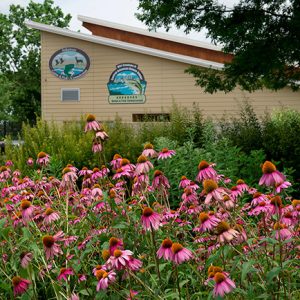 Witt Stephens Jr. Central Arkansas Nature Center
Witt Stephens Jr. Central Arkansas Nature Center
 James L. Witt
James L. Witt
Witt, James Lee
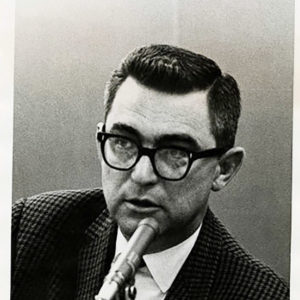 Albert Witte
Albert Witte
Witte, Albert Matthew Francis
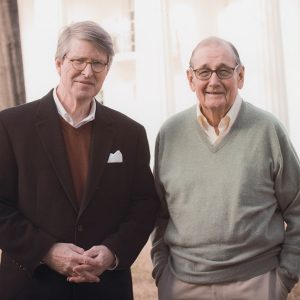 Gordon Wittenberg
Gordon Wittenberg
Wittenberg, Gordon Greenfield
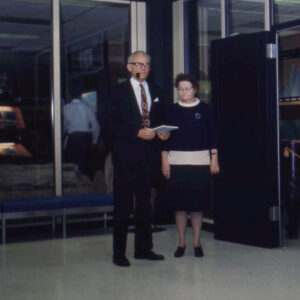 Dr. and Mrs. Eugene Wittlake
Dr. and Mrs. Eugene Wittlake
 Wittsburg Fortification
Wittsburg Fortification
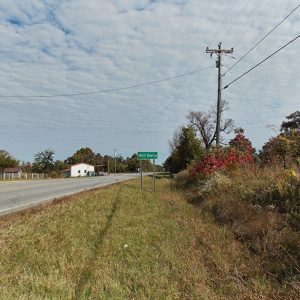 Wolf Bayou
Wolf Bayou
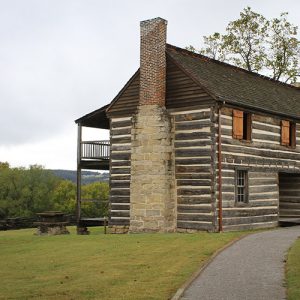 Wolf House
Wolf House
Wolf, Judy Chaney Petty
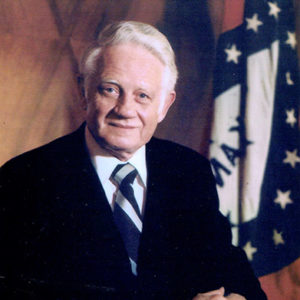 Paul Wolfe
Paul Wolfe
Wolfe, Savannah Janine (Savvy) Shields
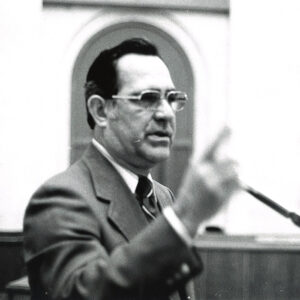 J. A. Womack
J. A. Womack
Womack, Stephen Allen (Steve)
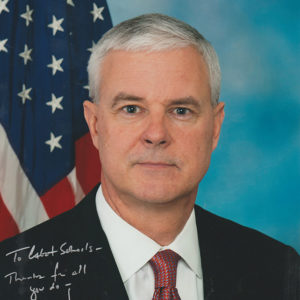 Steve Womack
Steve Womack
Woman Who Wouldn’t Talk, The
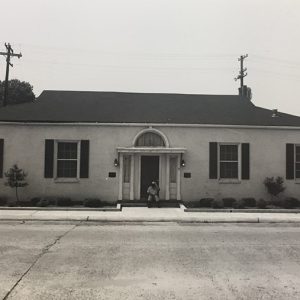 Woman's Progressive Club
Woman's Progressive Club
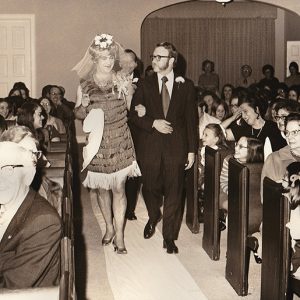 Womanless Wedding
Womanless Wedding
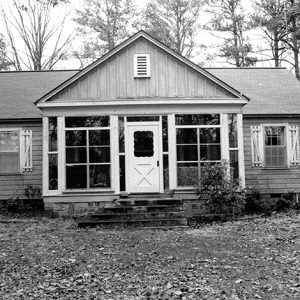 Womble District Administration House No. 1
Womble District Administration House No. 1
 Women's March for Arkansas, 2017
Women's March for Arkansas, 2017
Women for Constitutional Government (WCG)
 Women Run Arkansas
Women Run Arkansas
Women’s Action for New Directions, Arkansas Chapter
aka: Arkansas WAND
Women’s Foundation of Arkansas
Women’s Intentional Communities
aka: Women's Land Communities
Women’s Library
 Women's Library Flyer
Women's Library Flyer
Women’s Project
Wood v. Strickland
Wood, Forrest Lee
Wood, Wendy Scholtens
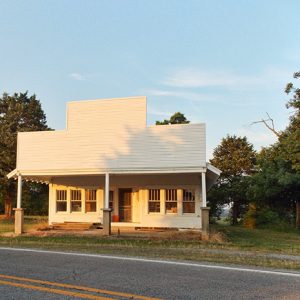 Woodrow Store
Woodrow Store
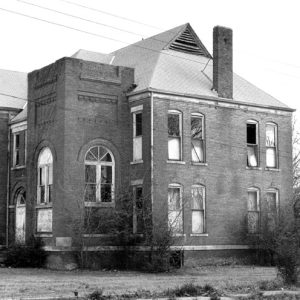 Old Woodruff County Courthouse
Old Woodruff County Courthouse
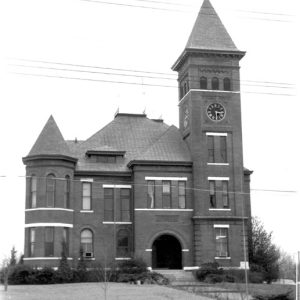 Woodruff County Courthouse
Woodruff County Courthouse
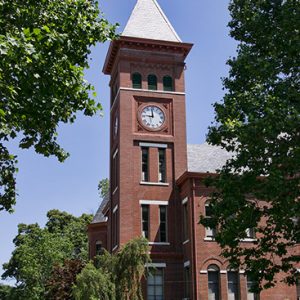 Woodruff County Courthouse
Woodruff County Courthouse
 Woodruff County Courthouse
Woodruff County Courthouse




